Americans expressed disappointment and concern regarding a bill signed into law by U.S. President Joe Biden on Wednesday that could lead to either the sale or ban of the popular social media app TikTok in the country.
Biden signed the legislation passed by the House of Representatives in March and the Senate on Tuesday that requires either the sale of TikTok by its parent company in China or it would face a ban within nine months to a year.
Congress cited data-security concerns because parent company ByteDance is based in Beijing. Several members of Congress have questioned TikTok's Singaporean CEO, Show Chew, in the past year regarding the platform's operations.
Chew has said that TikTok keeps American's user data on U.S.-based servers, and that the Chinese government has never asked it for any data, nor would TikTok release it if it were asked.
Under the law, TikTok could continue its operations in the United States if ByteDance sells it within 270 days, which would be by Jan 19, 2025. If a plan for divestment or a sale is in the works, 90 days could be added to the timetable.
"Rest assured — we aren't going anywhere," Chew said in a video posted moments after Biden signed the bill. "The facts and the Constitution are on our side, and we expect to prevail again."
TikTok is set to challenge the bill on First Amendment grounds, and TikTok users are expected to again take legal action.
China Daily interviewed people in Times Square in New York about the TikTok news.
"We have to embrace TikTok because it allows people with different viewpoints to discuss things and to disseminate their views on the world," said Wyatt Head, 29. "When I talk on TikTok, [people] can see me anywhere in this world. That's incredible."
"There was a lot of racial tension," he said of the prior questioning of Chew, and banning the app may generate hatred toward Chinese people. "The CEO was questioned in Congress; they were like, ‘Is he Chinese?'"
"It's unconstitutional," Rami Hosni, 31, told China Daily. "It's the same content everywhere, and if you banned TikTok, you got to ban Facebook, YouTube, Instagram, Snapchat, all of them.
"I feel weird and bad about any decisions that Biden makes, and there was interrogating of the CEO of TikTok," Hosni said. He mentioned that some members of Congress said some content on the short-video platform is "inappropriate", but TikTok shouldn't be treated differently.
"You can hide some content, but you can't ban the whole app," he said. "People are enjoying it, and you can watch people dancing every day. There is nothing dangerous."
Hosni said that banning or forcing the sale of TikTok will result in a loss of revenue for content creators.
"Many people are losing jobs, and I know there are so many people earning their livelihoods from TikTok," he said.
"It's a great app, and there's no reason it should be banned," Lucia Perez, 20, told China Daily. "It would be really sad if the U.S. takes power over it because they try to own everything.
"TikTok is like a very useful platform because it's fast — if you want to find something out, it's like fast, short videos," she said, adding that she usually spends three to four hours on TikTok a day when not busy.
"They would be losing jobs; that would be terrible, because a lot of people live off of it. I mean hopefully [the ban] doesn't happen," she said.
"I like [TikTok], because it's something to do to pass the time when I'm bored," Taran Murphy, 19, told China Daily. "I like funny dog videos.
"A lot of people would be angry because, like most people don't really care about the whole legal side of it. We just want to watch funny videos," she said. "There's definitely a lot of other streaming platforms, but it would be sad if TikTok was no longer there."
"I like TikTok a lot because I always make TikTok videos and stuff. I get a lot of likes," said Fatima Habibu, 13.
Habibu said she usually spend two to three hours a day on the app.
"Like every teenager likes TikTok also. Everybody's on TikTok," she said. "I don't like them banning the app."
In November, a U.S. judge in Montana blocked a state ban on TikTok.
In 2020, then-President Donald Trump was blocked by federal courts in his bid to ban or require a sale of TikTok and WeChat, a unit of China's Tencent.
Trump, the 2024 Republican presidential candidate, has reversed course and said this week that Biden was in favor of a ban on TikTok and wanted to help Facebook by doing so.













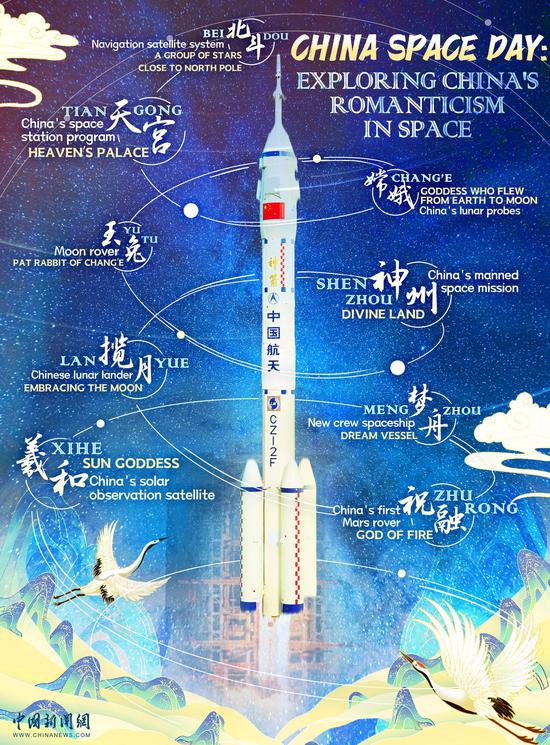


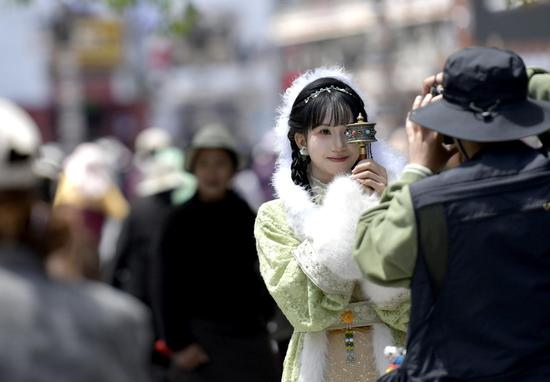










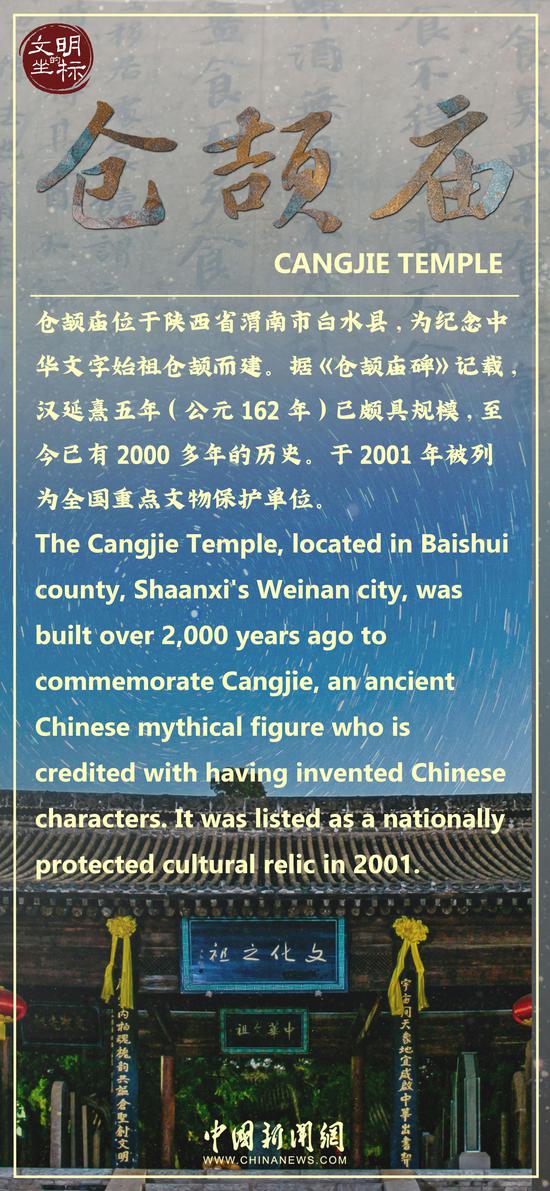

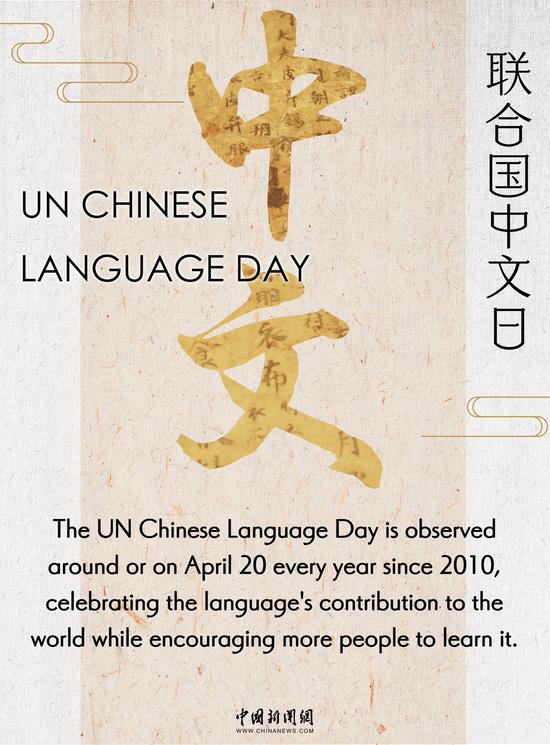


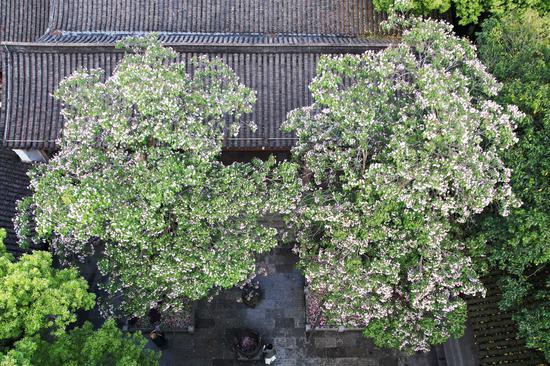

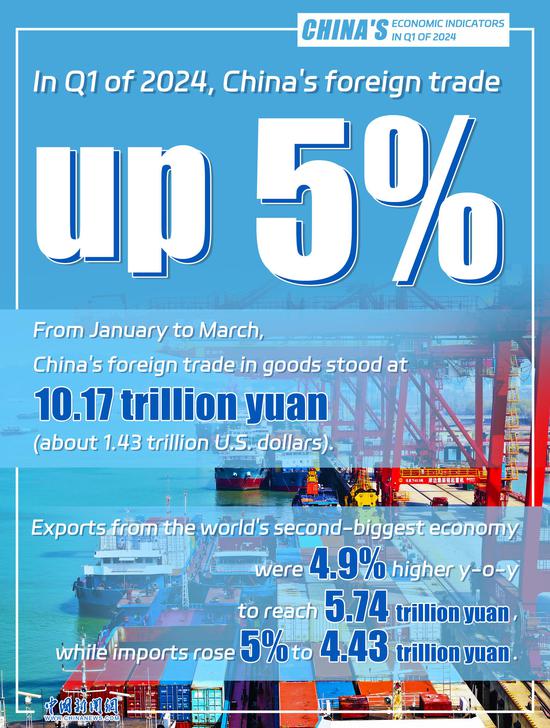
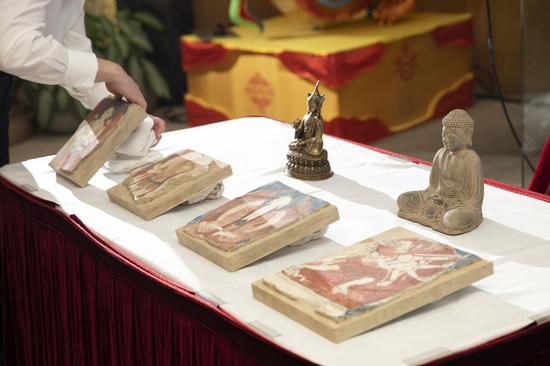





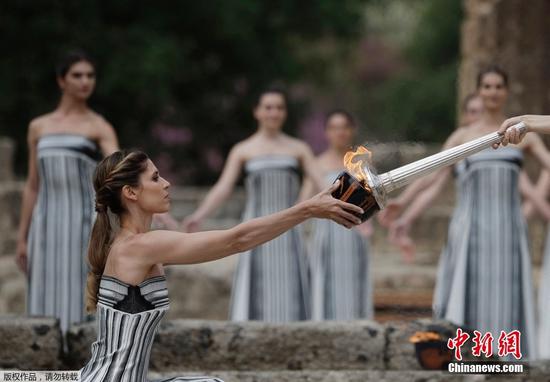

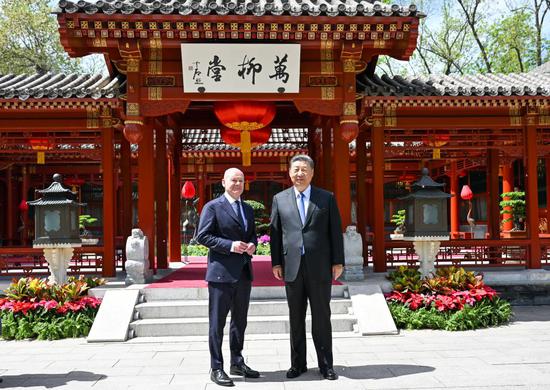






 京公网安备 11010202009201号
京公网安备 11010202009201号